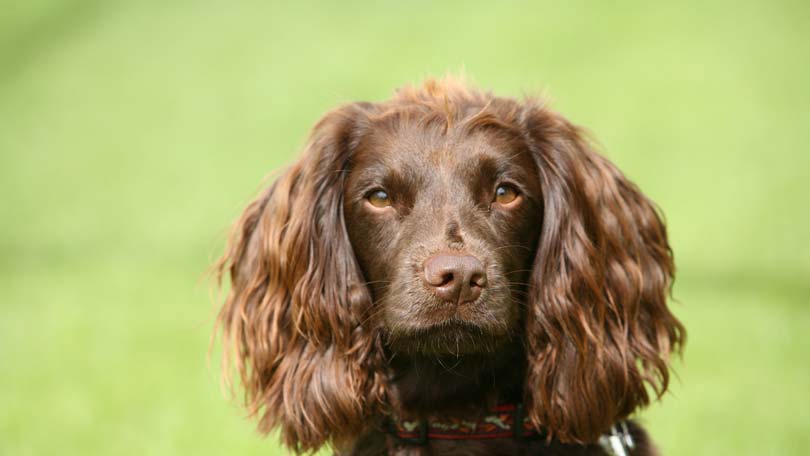
Nearly 45 million households in the U.S. own a dog. That’s more than at any time in history. It stands to reason that many of the people owning dogs today are first time dog owners.
With so many new people owning dogs for the first time it’s normal for them to make some mistakes. What are some common mistakes of first time dog owners?
1. I love my dog. My dog is like a child to me. Therefore, I should treat my dog like a child.
Yes…and no. We all love our dogs. And, it’s true that our ideas about dog care have changed rapidly over the course of the last century. We share our homes with dogs. We buy them food fit for people. They receive human level veterinary care. All of these changes show that dogs occupy a very important place in our lives. However, for your dog’s sake, it is a mistake to forget that he is an animal and not a human. For instance, your dog cannot live on a vegetarian diet. Dogs can and do bite. If you forget this fact you may accidentally allow yourself or a child to be bitten. A dog has needs that are quite different from a human’s needs. If you completely anthropomorphize a dog and give him human feelings and motivations about everything you will misinterpret his actions. For your dog’s own benefit you should try to understand him as a dog and not as a child in a furry costume.
2. I can’t make my dog do anything. He doesn’t listen to me.
Dogs are happiest when they clearly understand the rules. They respond best to structure and clear leadership. You don’t have to be harsh or brutal in order to firmly establish the rules of your home. If you don’t want your dog to sleep on the sofa you will have to insist that your dog gets down when you find him there. And you will have to be consistent about enforcing the rule.
3. We have communication problems.
This is a biggy with first time dog owners. It often shows up when you’re trying to housetrain a dog for the first time. For example, if your dog continues to use the bathroom in the house after you have tried to housetrain him, chances are that there is a breakdown in communication and you aren’t picking up on your dog’s signals. Sometimes a dog’s signals can be very subtle, especially if this is your first dog. You will have to devote yourself to watching your dog like a hawk. Watch to see when he sniffs the floor. Does he disappear behind a chair or sofa? Does he go back to a place where he has pottied in the house before? Does he walk to the door, or at least by the door and maybe glance in your direction? If he does any of these things then he is sending you a signal. You should pick up on his signal and take him outside quickly. Even if it’s a false alarm you are making progress since you are showing him that you are paying attention. Eventually you’ll get the timing right and your communication will improve.
4. He destroys everything!
Yes, your dog destroys everything. It usually comes as quite a shock for a new dog owner the first time or two when they come home to find that their wonderful new puppy or dog has made a hash out of their living room. It happens. It can happen whether this is your first dog or your 20th. But after your first dog it is less likely to happen because you learn a few tricks. First, you learn to hide everything you care about so the dog can’t get it. Second, you learn that it’s not always such a great idea to give your new puppy or dog the run of the house while you’re not home, at least not until you know they are trustworthy in the house on their own.
You may wish to crate your puppy or dog while you’re not home. The general rule of thumb is that you can crate a puppy one hour for each month of age plus one. So, you could crate a three-month-old puppy for four hours. Many people have a friend or neighbor check on a puppy or dog during the day if they crate them. Other people prefer to set up baby gates in the house so they can confine their puppy or dog to a certain room where they won’t be able to get into trouble. Still other owners choose to use doggy daycare when they aren’t home. Any of these solutions can help you keep your puppy/dog from destroying your home while you’re away during the day.
5. My dog has behavior problems.
Many first time dog owners end up with adolescent dogs who have behavior problems. Their dogs may soil in the house; they may jump up on people; they may be aggressive; they may bark excessively; they may bite too hard when playing; they may try to bite when you tell them to do something they don’t want to do. All of these problems are related to having an owner who didn’t make the dog behave when he was a puppy. There was poor communication. The owner allowed the puppy to do what he wanted to do. When the puppy challenged him the owner let the puppy win. Even basic housetraining wasn’t completed. In short, a good puppy was ruined by an owner who didn’t know how to raise him. In many cases these adolescent dogs with behavior problems are turned into animal shelters where no one will want to adopt them and they will be euthanized.
It is not hard to raise a puppy properly but it takes good communication. You have to pay attention to your dog and the signals he sends you. He is an animal. He can’t speak to you. You can only watch him and figure out what he wants by what he does. When you train him you have to be fair, consistent and firm. There is never any need to be harsh and you should not try to teach your dog anything when you are angry. Dogs learn best when you are happy and calm. Your dog wants to please you. You just have to find the right way to communicate with him.
Make sure that you have the time to commit to a dog before you get one. Your dog can become your best friend but he does require time, love and patience from you. If you can make that kind of commitment to him then even if you’re a first time dog owner you and your dog can be very happy together.





